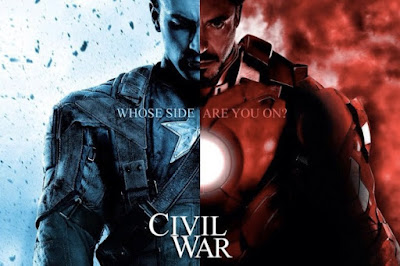The National Transportation Safety Board(NTSB), an organization responsible for the investigation of plane crashes discovered that the crash was caused by the blowing open of the cargo door due to force from pressurization of the aircraft. Also from the investigation, they found that the cargo door was improperly shut by cargo handlers. The large force produced from the cargo door being blown away caused the seats underneath the cargo area to collapse and cut through important wiring for aircraft hydraulics(controls the vertical and horizontal movement of the plane). Without the ability to control the plane, the pilots hopelessly tried everything possible to gain control and remove the plane from an accelerating steep dive until it eventually forcefully hits the ground.
 The McDonnell Douglas DC-10 aircraft had just been introduced by the American aircraft manufacturer McDonnell Douglas. The company had spent more than a billion dollars developing it. But one thing about the cargo door was that it was designed to open outwards. It was locked by four C-shaped latches that pins down the bar. A lever from the outside of the cargo door is pushed to hold the bar with the latches. It was discovered that this itself was a design flaw in sense that the pins sometimes failed to hold down the bar. And it was also difficult to be sure if the cargo doors were safely locked.
The McDonnell Douglas DC-10 aircraft had just been introduced by the American aircraft manufacturer McDonnell Douglas. The company had spent more than a billion dollars developing it. But one thing about the cargo door was that it was designed to open outwards. It was locked by four C-shaped latches that pins down the bar. A lever from the outside of the cargo door is pushed to hold the bar with the latches. It was discovered that this itself was a design flaw in sense that the pins sometimes failed to hold down the bar. And it was also difficult to be sure if the cargo doors were safely locked. |
The Chief Investigator realizes that a similar incident occurred two years before that time on the American Airlines Flight 96. The pilots of the plane heroically made an emergency landing in the nearest airport considering they still had little control of the aircraft. No lives were lost and the NTSB investigated the incident to avoid another occurrence. Being the chief investigator of the Flight 96, he made a complaint about the cargo door. And reportedly warned the FAA(Federal Aviation Authority) about it. An air worthiness directive had to be passed for the cargo doors of all previously manufactured Mcdonnell DC-10 aircrafts be replaced by the manufacturer. It was reported that an air worthiness directive was not issued, as reported on the National Geographic Series(Mayday), a so called gentleman's agreement between the head of FAA and the head Mcdonnell Douglas stopped the directive from being issued.
The major cause of the Turkish Airlines crash was due to the fact that no air worthiness directive was issued to change the cargo doors. Most crashes have occurred making profit simply becomes more important than the lives of people. Mcdonnel Douglas assured the FAA that they would voluntarily fix the cargo door problem simply because a public airworthiness directive would degrade the new MD-DC-10 aircraft and would lower the value in the market. A peek hole was drilled with warning signs written right below it, so baggage handlers could make sure the latches were properly locked. But the instructions were mainly written in English. The Baggage Handler didn't understand and could not read English. Paperwork for the completion of the cargo door fixes were also discovered with no fixes done on them. Also, there was a memorandum from the manufacturer of those doors to Mcdonnell Douglas written right after the American Airlines incident warning them of problems with the doors and the protective structure underneath the airplane seats. It was also discovered that Mcdonnell Douglas knew about this problem even during the development of DC-10 but the design of the cargo doors stayed the same.
McDonnell Douglas was later acquired by Boeing manufacturing company after years of multiple legal suits. McDonnell Douglas payed over 80 million dollars for damages after the Turkish Airline Crash. A monument was built in memory of those that died in the Turkish Airline Crash.
References : Air Crash Investigation ("Behind Closed Doors")
Wikipedia







